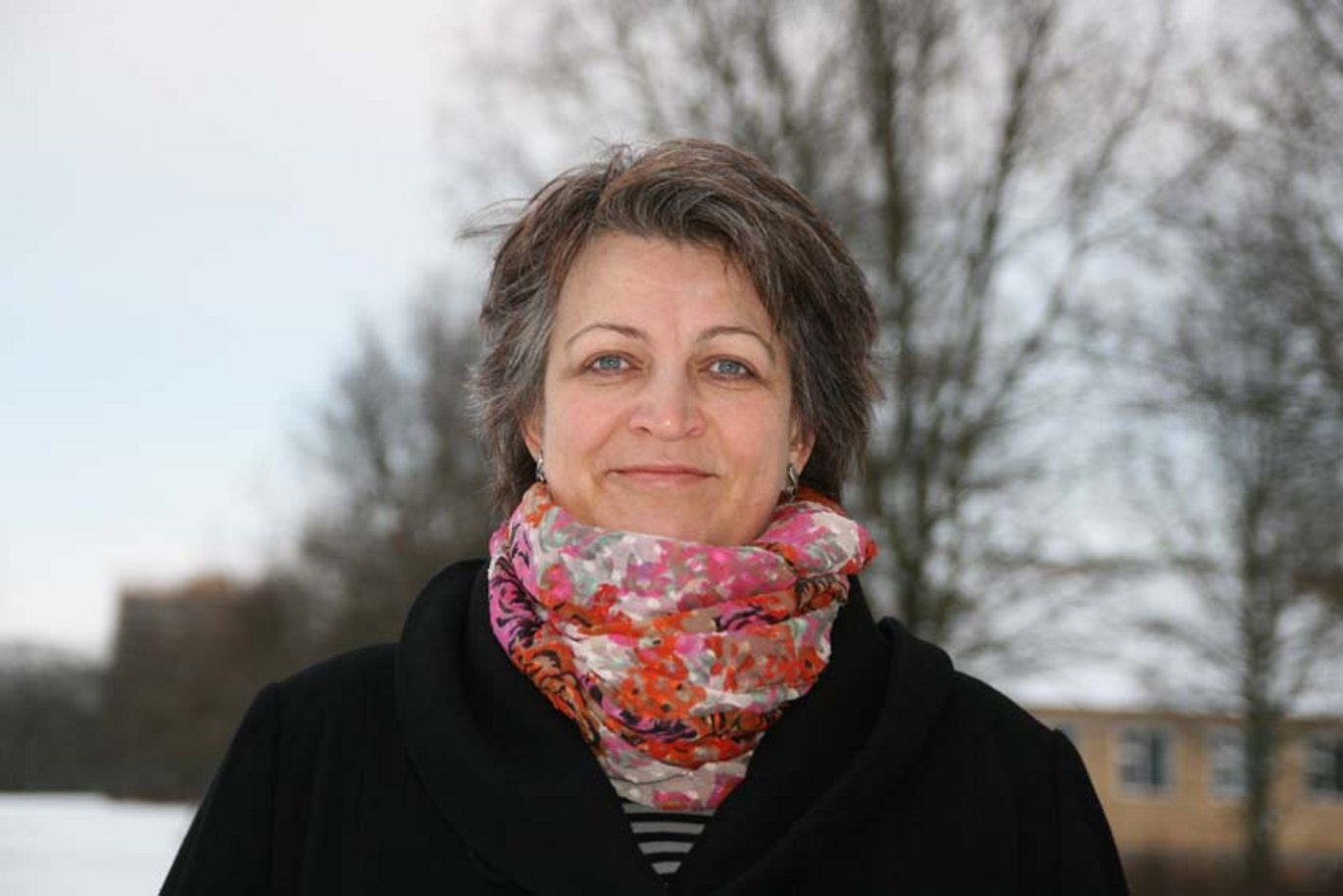We live longer, but how are we doing?
The Danish population is getting older and older, and holding on to cognitive functions – such as memory – among the elderly is important for maintaining their quality of life, particularly so because there is no effective treatment as yet – nor any aids – to compensate for the loss of their intellectual capacity. So how do we ensure that cognitive functions are maintained with age?

Researchers at the Danish Aging Research Centre (DARC) now have an opportunity to answer this question as the VELUX FOUNDATION has just awarded them a five-year grant of DKK 25 million to carry out research into cognitive abilities.
Associate Professor Tinna V. Stevnsner has a share of the major grant, and says: “The research carried out at the centre in future will specifically focus on the following questions. Are today’s large groups of baby boomers better able to retain their cognitive abilities than previous groups of elderly people or not? How important are education and cognition in early adult life as regards cognitive function later in life? Is the relationship between good cognitive function on the one hand and a good state of health in later life on the other determined by underlying genetic and familial factors?”
The project will also clarify whether or not it is possible to demonstrate distinct biological factors among elderly people with good cognitive functions. Are there, for example, environmental or genetic qualities among people who have well-maintained cognitive abilities very late in life? And is it possible to identify the molecular mechanisms? Do mitochondrial function in the cells and the stability of the genome constitute key factors in maintaining cognitive abilities among elderly individuals?
“Once we have answers to these questions, we expect to be able to provide greater insight into which factors can contribute to maintaining cognitive function among the elderly, and thereby contribute to the development of new therapeutic treatment measures for people at a particularly high risk of losing their cognitive function when they get old,” concludes Dr Stevnsner.
The Danish Aging Research Centre – also called DARC – consists of three research groups from the Danish Centre for Molecular Gerontology (DCMG), Department of Molecular Biology and Genetics, Aarhus University; the Aging Research Centre, University of Southern Denmark; and the Section of Social Medicine (SOCMED), Department of Public Health, University of Copenhagen/Research Centre for Prevention and Health (RCPH), Glostrup Hospital. The director of the centre is Professor Kaare Christensen, University of Southern Denmark. DARC has existed since 2008, when the VELUX FOUNDATION awarded a grant to set up the centre and support a five-year research programme.
Mere information
Associate Professor Tinna V. Stevnsner
Department of Molecular Biology and Genetics
Aarhus University, Denmark
tvs@mb.au.dk – +45 2778 2804
